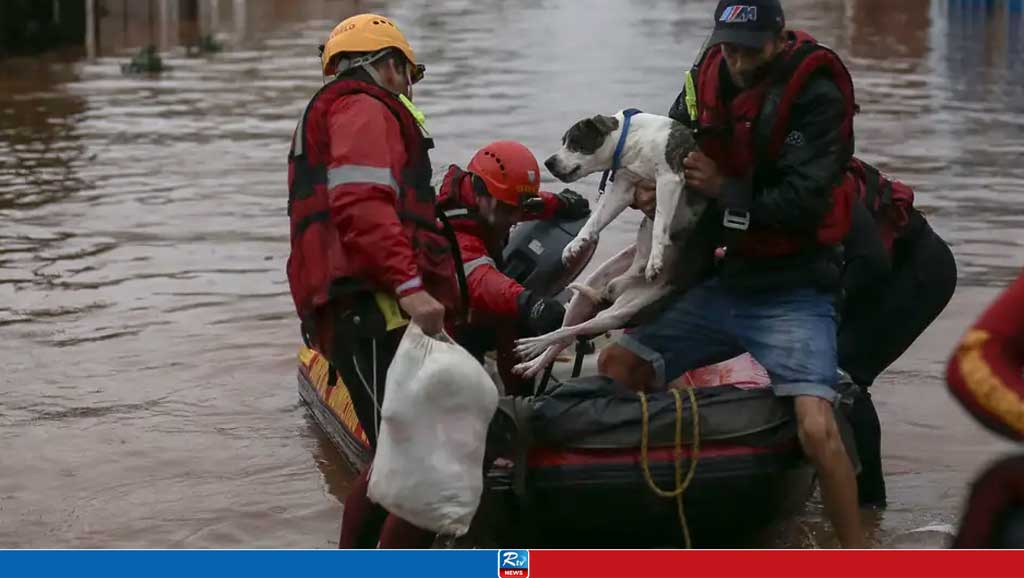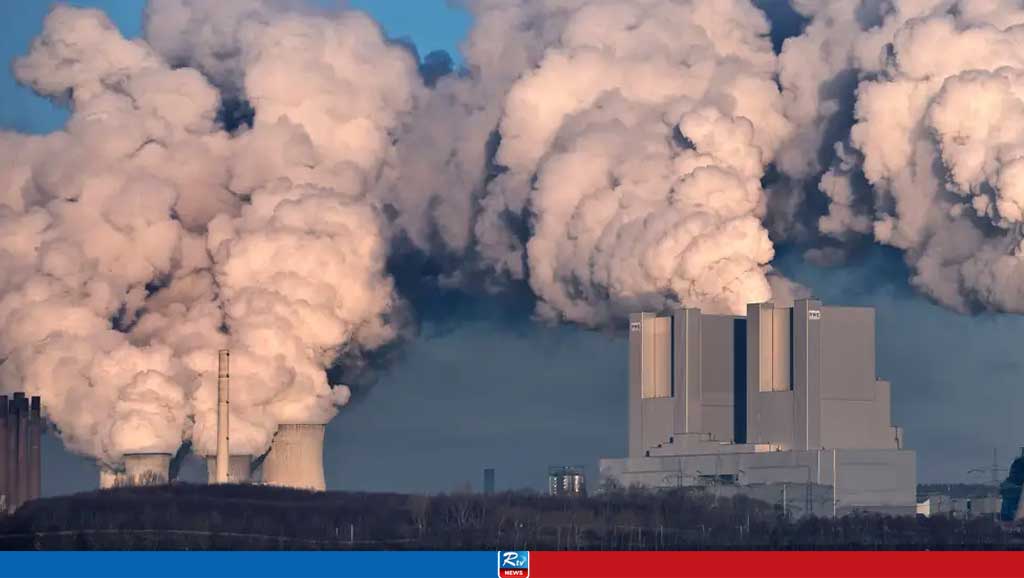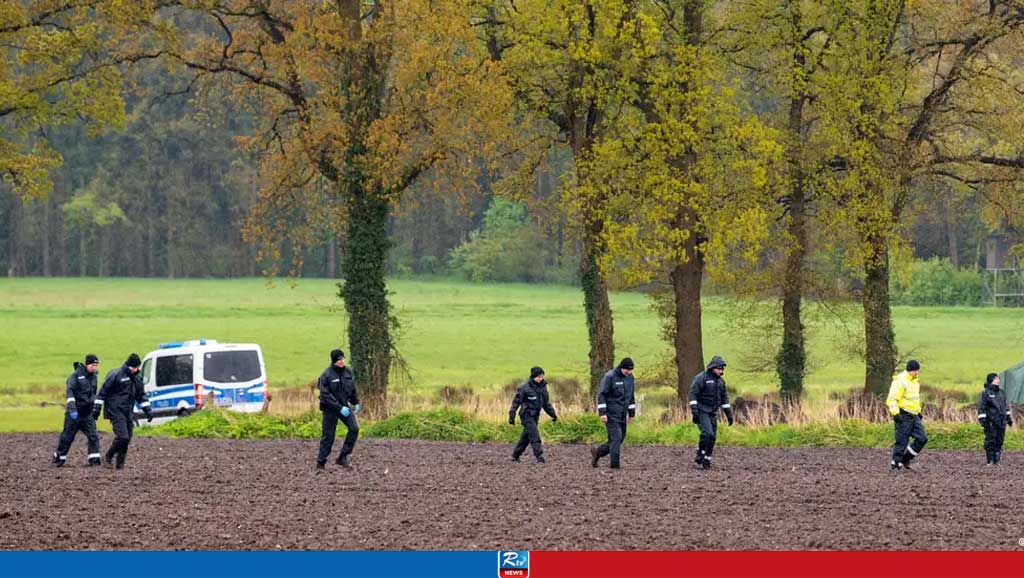Lula visits Berlin to reset Germany-Brazil relationship

In his meeting with the Brazilian president, German Chancellor Olaf Scholz will welcome a man whose importance as a mouthpiece for the Global South continues to grow.
Olaf Scholz is known as someone who has a plan for everything and everyone. But if the chancellor had one when he traveled to Brazil ten months ago to meet the country's new President Luiz Inácio Lula da Silva, it didn't work out very well.
A memorable press conference in Brasilia on January 30 was seen by many in the German media as a rebuff to Scholz, after da Silva flatly turned down any military help for Ukraine in the war with Russia.
Before that, Lula had made it abundantly clear that following the years under right-wing populist Jair Bolsonaro, he was indeed the man that German politicians had long been looking for, someone they could see eye to eye with. But as a leader of the Global South, a member of the BRICS states, and also set to chair the G20 in 2024, it was also obvious that Lula had a self-assured agenda of his own.
His position unambiguous: No economic sanctions against Russia, no arms supplies to Ukraine, a reform of the UN Security Council to allow one seat each for Brazil and the African continent, and a free trade agreement between the South American trade block Mercosur and the EU, which would first require compromises from the European Union.
First intergovernmental consultations in eight years
At least this time, Scholz knows what to expect when the Brazilian president arrives in the German capital with Cabinet ministers in tow. In addition to a meeting with the chancellor, Lula's visit to Berlin will also include a visit to the parliament representing the German states, or Bundesrat, and an appearance at a German-Brazilian economic forum. But the first government-level talks between the two countries since 2015 (they were put on ice during the Bolsonaro years) are above all a sign that Germany and Brazil hoping to realigning their relations in the coming days.
"The difficult partner in Brasilia" was the title of an article by Brazil expert Oliver Stuenkel in the magazine "Internationale Politik" shortly after the chancellor's visit to Brazil at the beginning of the year. But the political scientist and professor of international politics at the School of International Relations in São Paulo said he would choose a different title to describe this upcoming meeting.
"Lula continues to be a difficult partner, but with an emphasis on partner rather than on difficult," he told DW. "There are certainly points of divergence with the war in Ukraine, and it will not be possible to resolve them entirely. But in the areas of climate, energy, and multilateral institutions, the intergovernmental consultations will be an important step towards closer cooperation."
Brazil and Germany share common interests
Regarding the climate, this means help from Germany to further strengthen the Amazon Fund, which Lula revived to protect the rainforest and promote global climate protection.
On energy, Brazil can hope to entice German companies and their technology with its natural renewable energy resources, such as green hydrogen, rare earths, lithium, wind, and sun. And when it comes to multilateral institutions, Germany and Brazil intend to reform the UN Security Council together with the other two G4 nations, India and Japan.
But according to Latin America expert Claudia Zilla, of the German Institute for International and Security Affairs (SWP), Brazil's vision of a reformed international order involves more than just gaining a permanent seat on the Security Council.
"While Germany is taking an approach that aims to restore the liberal, rules-based international order, Brazil is advocating for reform, stressing the fact that the international order was, strictly speaking, never entirely liberal or rules-based, for example with the war in Iraq, the war on terror, or the regime change in Libya," she told DW.
A competitor in China
According to a statement on the German Foreign Ministry website, "Brazil is the only country in Latin America with which Germany has had a strategic partnership since 2008. Brazil is Germany's most important trading partner in South America." But there is no such statement on the Brazilian government website, because in recent decades a different country has been investing much bigger sums in Latin America: China.
Today, a quarter of all Brazil's imports and exports are with China, and transactions between the two countries are no longer conducted in US dollars, but in the local currencies, the real and the yuan. "China is buying in incredible quantities and investing a lot," said Zilla. "It is therefore necessary for Germany to offer something of real significance, not in terms of quantity, because that is unfeasible, but in terms of quality. For example, as part of the EU's Global Gateway Initiative (which aims to help developing countries build sustainable infrastructure), or by sharing technology and developing common social and environmental standards."
Fresh start for EU-Mercosur trade agreement?
Both Lula and Scholz were alarmed by the recent victory of Javier Milei in the Argentinian presidential elections, who sharply criticized the free trade agreement between the EU and Mercosur — which comprises Argentina, Brazil, Uruguay, and Paraguay and represents a market of 715 million people — and even threatened to withdraw from the South American alliance.
As Lula and Scholz meet in Berlin, this will likely serve as an urgent wake-up call for them to finalize the political deal reached in 2019. For Brazil expert Oliver Stuenkel, the agreement would be a classic win-win situation.
"The environmental movements in Europe that oppose the agreement overlook the fact that the EU, unlike China, prioritizes the fight against deforestation," he said. "It would immensely strengthen Germany's and Europe's presence in Brazil. It would also guarantee the future of Mercosur. And it would be a very important signal for free trade, globalization, and geopolitical integration."
Comments
Gaza death toll crosses 33,000

US court orders exiled Chinese billionaire Guo Wengui to face fraud indictment
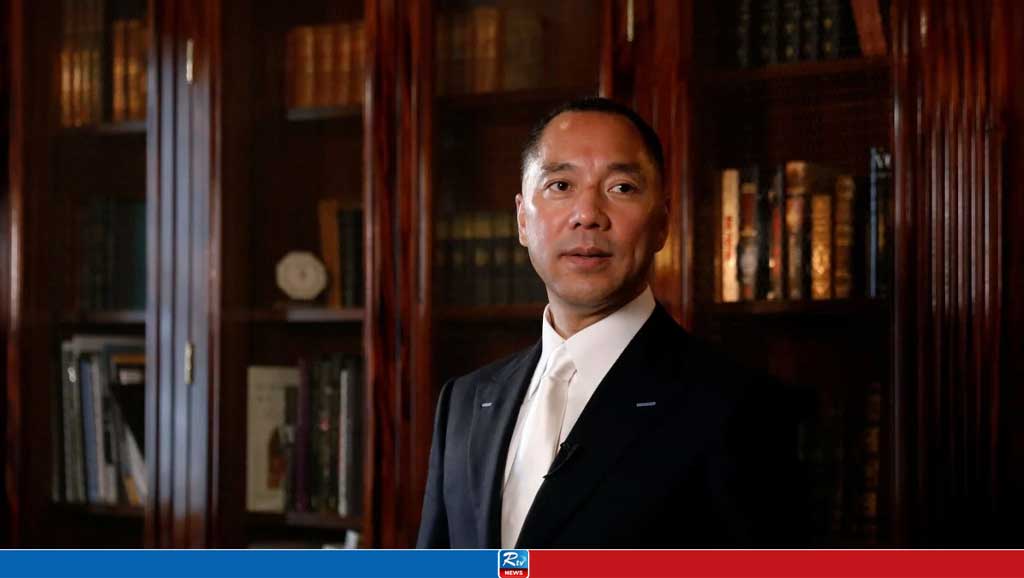
Hong Kong's lost freedom shows Xi Jinping's priorities: Analysis
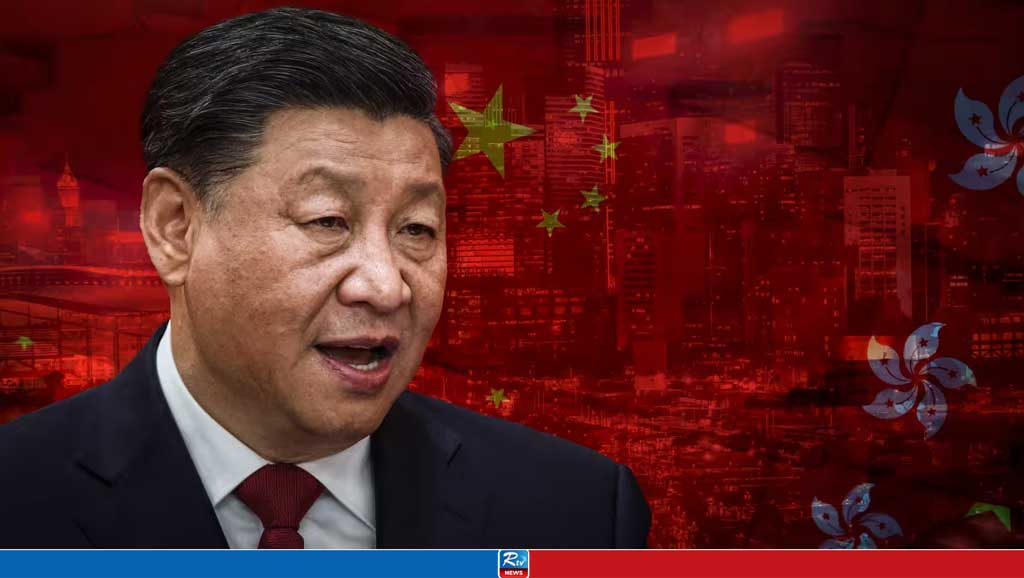
All people of faith should stand against China’s Uyghur genocide
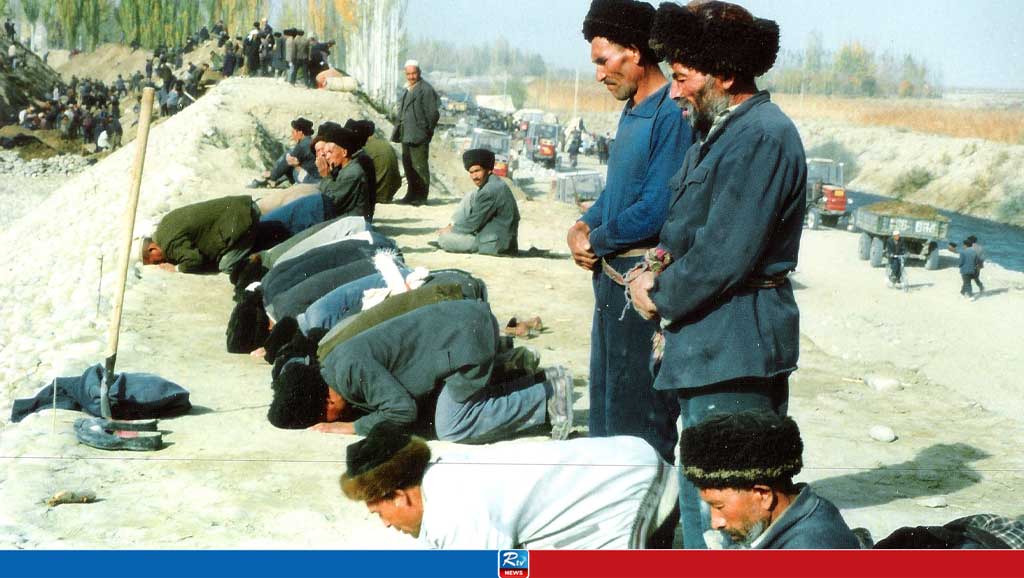
Climate activist Greta Thunberg arrested in the Netherlands
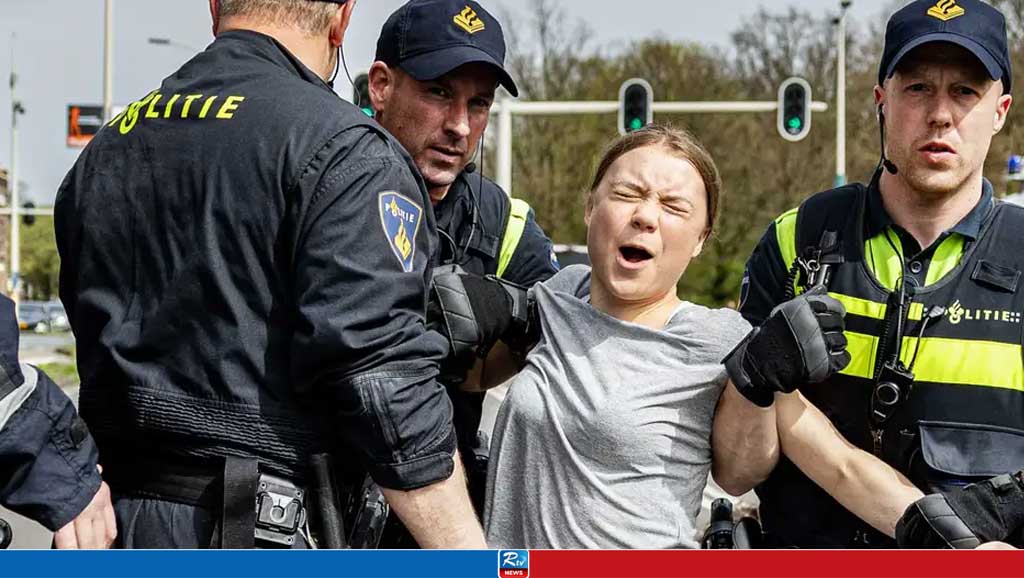
McDonald's: Behind the fast-food firm's boycott controversy
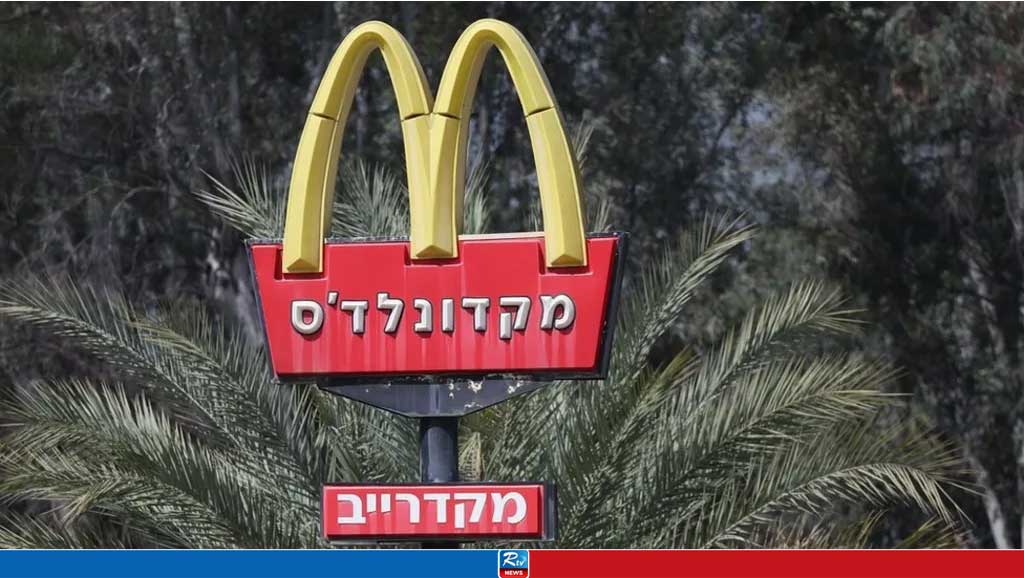
Saudi Arabia to celebrate Eid on Wednesday
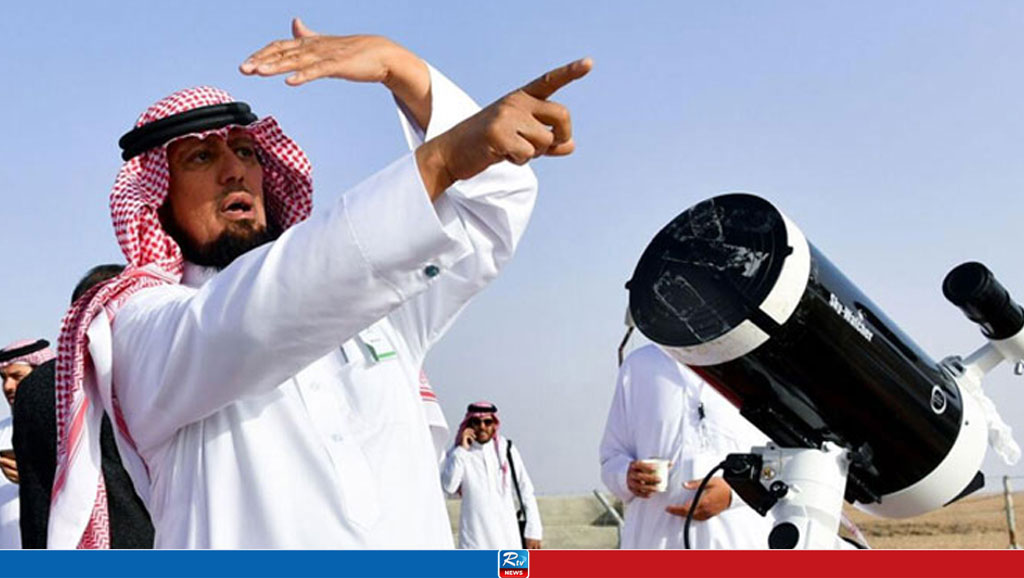

 Live Tv
Live Tv

